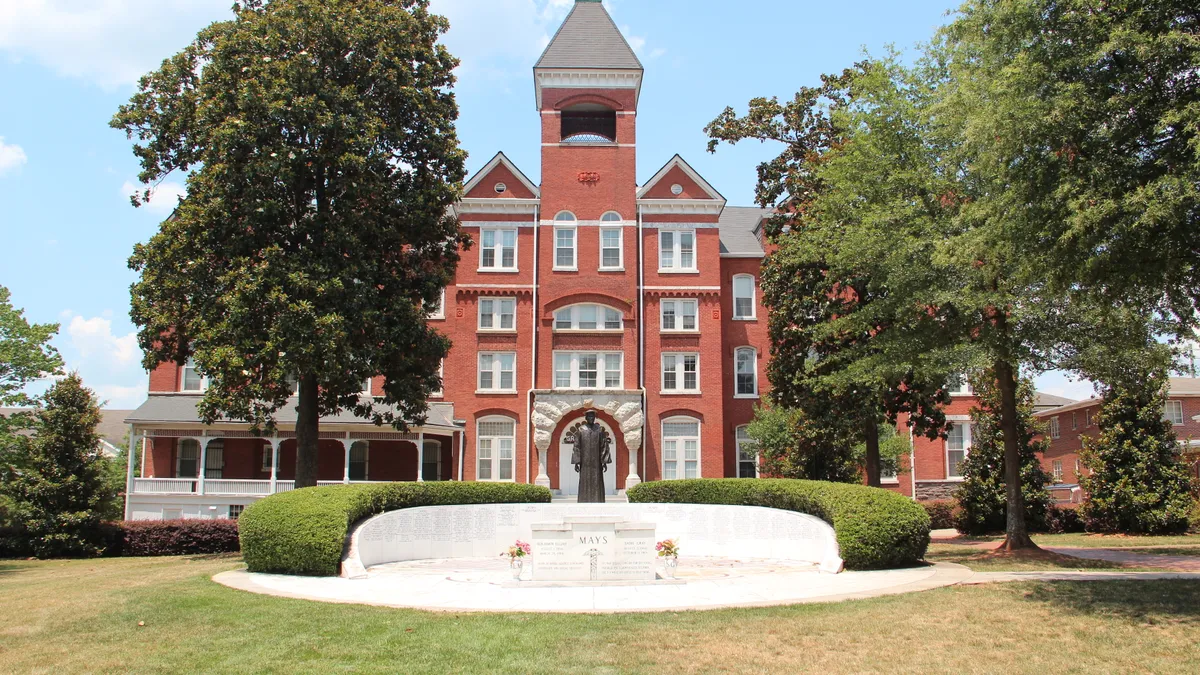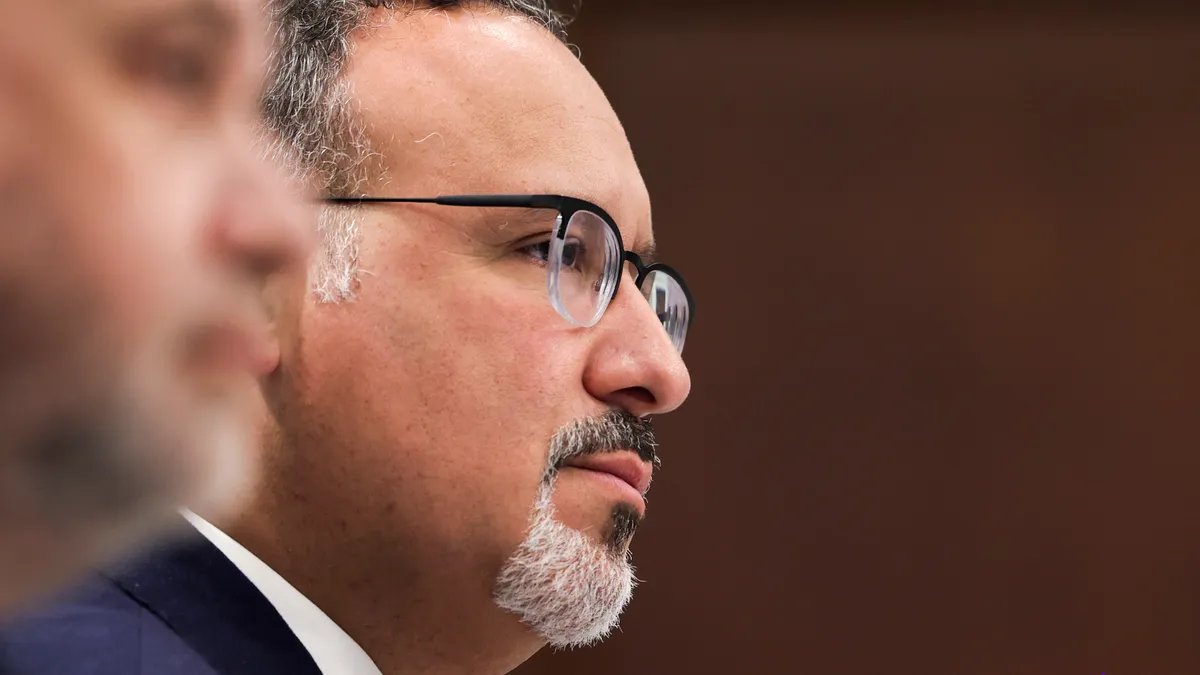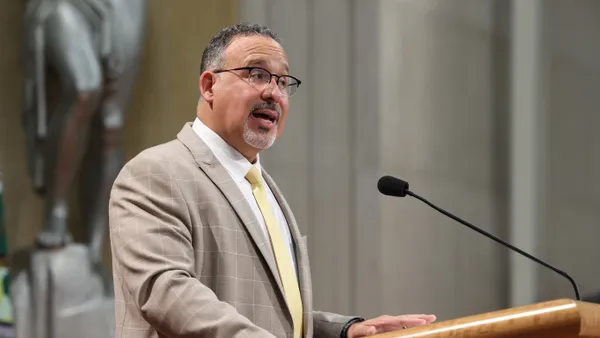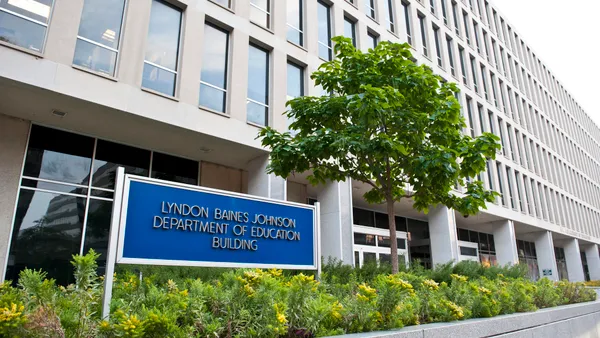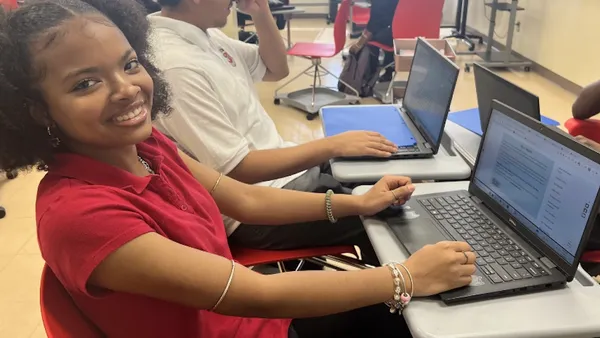Dive Brief:
- An Atlanta-based consortium of historically black colleges and universities will receive $8.25 million over five years from UnitedHealth Group to provide their students with training in data analytics, the company announced.
- The funds for Atlanta University Center Consortium will enable its four institutions — Clark Atlanta University, Morehouse College, Morehouse School of Medicine and Spelman College — to offer its students technical classes in data science. By 2020, job openings in data science are expected to surpass 2.7 million.
- Interim Clark Atlanta President Lucille Maugé said the four institutions aim to become the biggest producers of minority graduates trained in data science and data analytics, fields in which underrepresented minorities comprise fewer than 7% of workers.
Dive Insight:
The support comes at a time when HBCUs are receiving attention for their successes amid a challenging environment for higher education.
HBCUs enrolled about one-quarter of black undergraduates across 21 states and territories in 2016 even though they accounted for fewer than 10% of four-year institutions, found a recent report from UNCF. "Given their small average size, and given that they have been historically underresourced, the impact of these unique institutions is significantly greater than one would expect," the report's authors wrote.
In 2016, for example, HBCUs enrolled 25% of all black undergraduates pursuing a four-year degree and awarded 32% of all STEM degrees earned by black students.
Other research from the UNCF has shown that students who graduated from HBCUs are expected to earn 56% more than they would if they didn't complete college.
Other research has supported the idea that HBCUs may do a better job at graduating black students. A study released last year, for example, found that black students enrolled at HBCUs are as much as 16% more likely to graduate in six years than those enrolled at predominantly white institutions, The Chronicle of Higher Education reported.
Like other colleges, however, HBCUs have seen their enrollment sag. In April, the Los Angeles Times reported that enrollment at HBCUs declined from a high of about 326,000 in 2010 to 298,000 today.
Many HBCUs are also strapped for cash. According to a 2018 survey of 79 HBCUs, nearly all said almost half their facilities needed to be improved or scrapped, the Government Accountability Office (GAO) found. And another GAO report found that 29% payments toward a federal loan program for HBCUs were delinquent in 2017.
But monetary relief may be on the horizon. Last year, 19 HBCUs got a funding boost from the federal farm bill. And presidential candidate Sen. Elizabeth Warren, D-Mass., recently proposed a federal fund of at least $50 billion for HBCUs.


